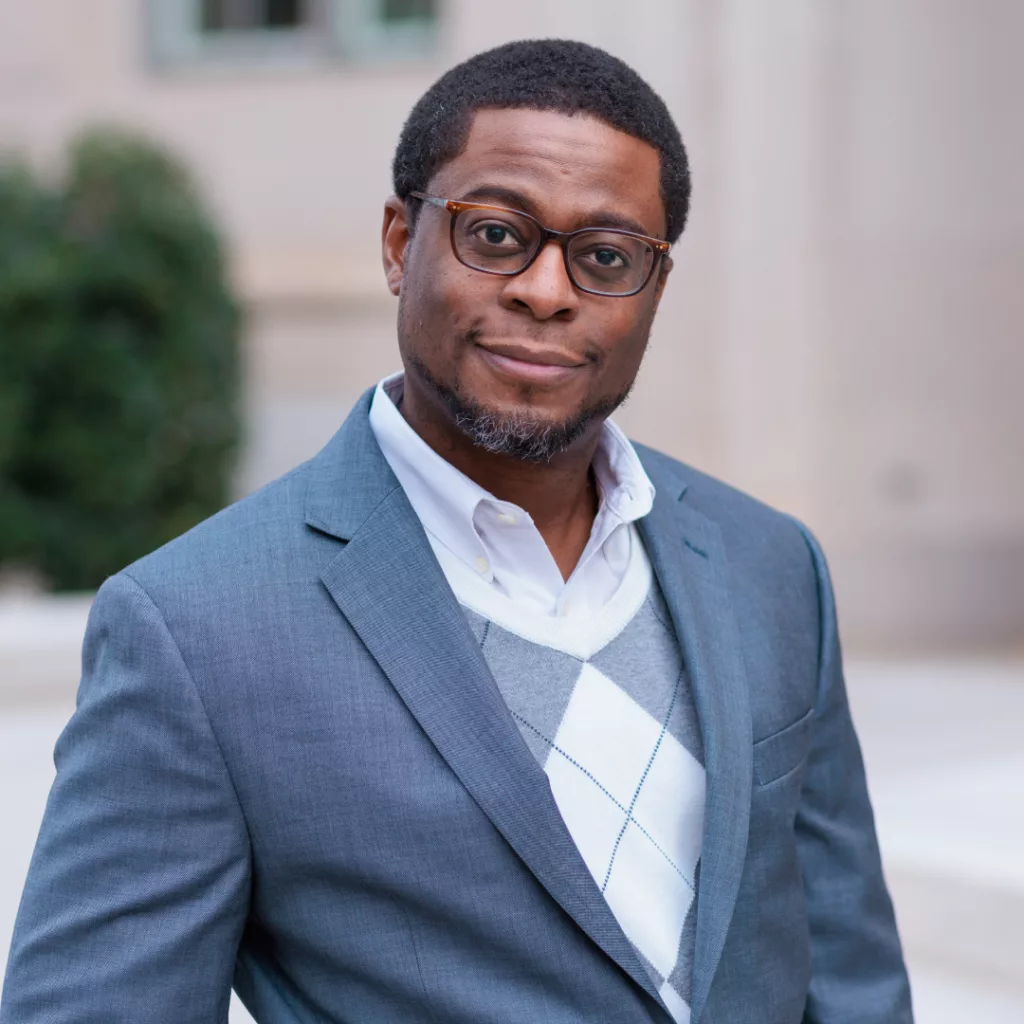
It’s hard to believe it’s already been – and only has been – one year since I took the helm of the Crypto Council for Innovation. I started off as a “build in a bull” CEO and quickly became a “build in a bear” CEO.
We’ve been moving at what seems like 100 miles per hour since the day I started – whether it was building new connections for the crypto space in Washington and beyond, grappling with the Terra Luna and FTX collapses, or responding to 15 unique public comment requests over the course of just a few months.
I know we say this every year, but I think it’s safe to say that 2022 was the most eventful year in crypto. And with it came a new set of conversations and challenges to tackle in the crypto policy space.
I thought at this critical juncture I’d take a step back to reflect on our journey and share some of the lessons I’ve learned along the way.
1. Building something new is exciting — but it’s also hard.
I have built multiple vertical teams from the ground up before, but CCI was the first team that I built entirely from scratch. This is a tremendous privilege and opportunity. It can also be daunting. Where – and with whom to begin? As I’ve said elsewhere, I think a rookie mistake is for a first hire to be someone who knows exactly how to do what you do. Someone that thinks like you, someone you can feel confident managing because you know the “correct” way of doing things.
I believe the better approach to hiring for a brand-new team is to hire someone who knows how to do things, or is willing to do things, that you either don’t know how to do or don’t want to do. In my case, it was setting up operations – payroll, benefits, HR policies, etc. To be honest, I wasn’t particularly enthusiastic about diving into that side of things! So my first hire was our Chief Operating Officer, Annie Dizon. In addition to being a wonderful person to work with, Annie is a detail-oriented operator who was able to quickly put the systems in place to allow our team to quickly grow. These are the types of system setups that would have taken me ten times longer to navigate on my own.
From there, we had to constantly assess and re-assess what our strategic needs were. Where were there gaps in our expertise? What did it look like to build a bipartisan and credible staff? How could we make use of flexible resources?
When I started at CCI, the organization had been announced, and people were vaguely aware that it existed. But we had a lot of work to do in terms of building up the brand and strategy of the organization. At the same time, we were responding to an urgent and ever-changing external environment. I started off as a “build in a bull” CEO and quickly became a “build in a bear” and then a “build in a crisis” CEO. As I often tell the team, we have to build the plane while flying it, with the weather changing all around us.
2. The recipe for trust isn’t hard: be authentic and honest.
I was, by no measure, a “Washington insider” when I started this job. I began my career on Wall Street and have spent most of my time in the civic tech and technology for good space. Though I had spent a lot of time working with governments all around the world, there were still things I didn’t know about the specificities of how the sausage is made inside the Beltway. In a very short time, though, CCI became the trusted first call for many staffers and regulators, and it’s become clear to me that not being a historical Washington insider is in many ways a core strength that I bring to my role.
There’s a lot that went into earning that trust. We hired the right people, who knew the right people. But we also took an approach of always being open and honest in our conversations. We take an evidence-based approach – coming in with relevant stories and data points. When things were bad, we didn’t try to sugarcoat them. We asked questions of the policymakers and regulators and tried to really get to the core of their needs, gaps in knowledge, or misunderstandings.
Critically, when we didn’t know the answer to something – we owned up to it. There is a lot happening in this space. It’s hard to be an expert on everything. There are a lot of people that I know and respect who know a lot more about specific topics than I do. You don’t always have to be the one who knows the answer. Sometimes, connecting the dots is just as (if not more) valuable. And, honesty is really important for long-term credibility.
3. Don’t lose sight of the North Star when building in a bear market.
Because the space is so unpredictable, you are almost always going to be responding to something, whether good or bad. It can be so easy to get caught up in a cycle of reactiveness, which can be detrimental to the long-term game.
I began my career in crypto because I truly believe it offers a once in a generation opportunity to re-shape the systems that haven’t worked for so many around the world. But, to meet that vision, we must be thoughtful and proactive about the ways we’re designing the technology. As I’ve said, I think the most consequential determinant of that space will be policy because it defines the canvas upon which the industry can paint. This work matters – and it matters to a lot of people.
We need to constantly be asking: Who’s not in the room? What does this mean for them? Why haven’t these systems worked in the past? Who stands to lose? How can we honor real people’s experiences? Constantly centering these key questions, especially amidst all the noise of market cycles and FUD, is critical to ensuring that this technology reaches the potential we know it has.
Looking Ahead
So what’s next? Here at CCI our purpose remains steadfast – advocating for responsible regulation through evidence-based insight. Building with our brilliant team, focusing on near term goals while not losing sight of what is at stake over the longer term, and rebuilding trust will remain my motivating drivers in the year ahead. Here we go.

























